The rocket carrying the three-member crew of the Shenzhou XVII mission, China's 12th manned spaceflight, lifted off on Thursday morning at the Jiuquan Satellite Launch Center in northwestern China's Gobi Desert.
Under dazzling sunlight, a 20-story-tall Long March 2F carrier rocket roared to life at the scheduled ignition time of 11:13 am and soon soared into clear skies.
Clad in spacesuits, mission commander Senior Colonel Tang Hongbo, Lieutenant Colonel Tang Shengjie and Lieutenant Colonel Jiang Xinlin are sitting inside the Shenzhou XVII spacecraft on top of the rocket.
They are expected to fly for about six-and-a-half hours until they reach the Tiangong space station, now orbiting about 400 kilometers above Earth, and their spaceship will then connect with the front port of the Tianhe core module, the main body of Tiangong.
The Shenzhou XVII team will then float into the space station to meet their Shenzhou XVI mission peers, who have been in orbit for nearly five months.
Both crews will spend about four days together as the previous team hands over their work to the new team. Tang Hongbo and his crew will then take over Tiangong, and the Shenzhou XVI crew will fly back to Earth.
The Shenzhou XVII astronauts are scheduled to live and work inside the space station for around six months before they return to Earth around April.
The new crew's tasks will include carrying out scientific experiments and technological demonstrations, conducting spacewalks to install equipment and maintain the massive orbital outpost, checking the space station's operational performance and obtaining relevant data, and helping review the support capabilities of ground facilities, according to Lin Xiqiang, deputy director of the China Manned Space Agency.
In addition to these routine tasks, there will be a new assignment for the Shenzhou XVII crew members — they will perform experimental repair operations during their spacewalks, the official said on Wednesday at a news conference at the launch center.
Tang Hongbo is one of the nation's second-generation astronauts. His first space mission was on board the Shenzhou XII, which concluded two years and one month ago. With his return trip to Tiangong with the Shenzhou XVII mission, he is the first Chinese astronaut to participate in two space missions in such a relatively short period of time. He will also be the first astronaut to return to Tiangong.
Tang Shengjie and Jiang are two of China's third-generation astronauts, and the Shenzhou XVII mission is their first to the Earth's orbit. With an average age of 38, the three-member team will become the youngest Chinese crew ever in space.








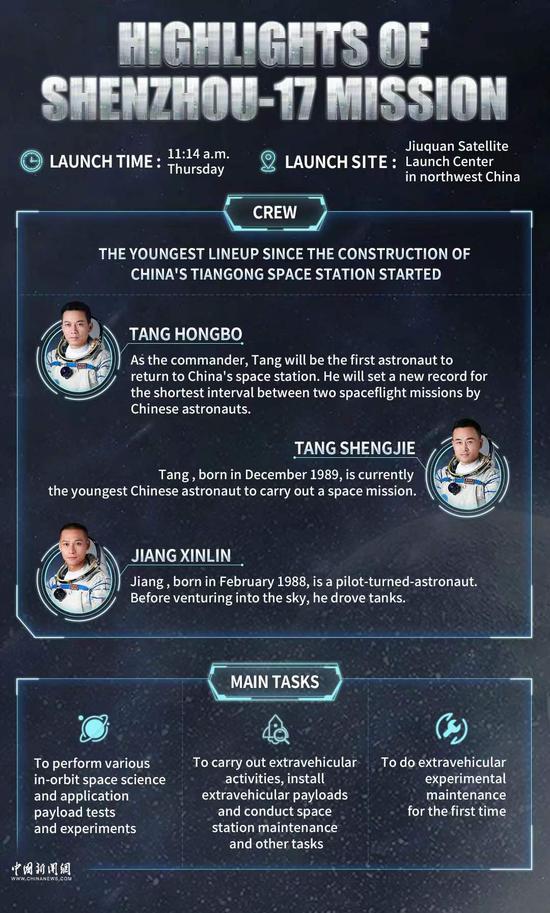
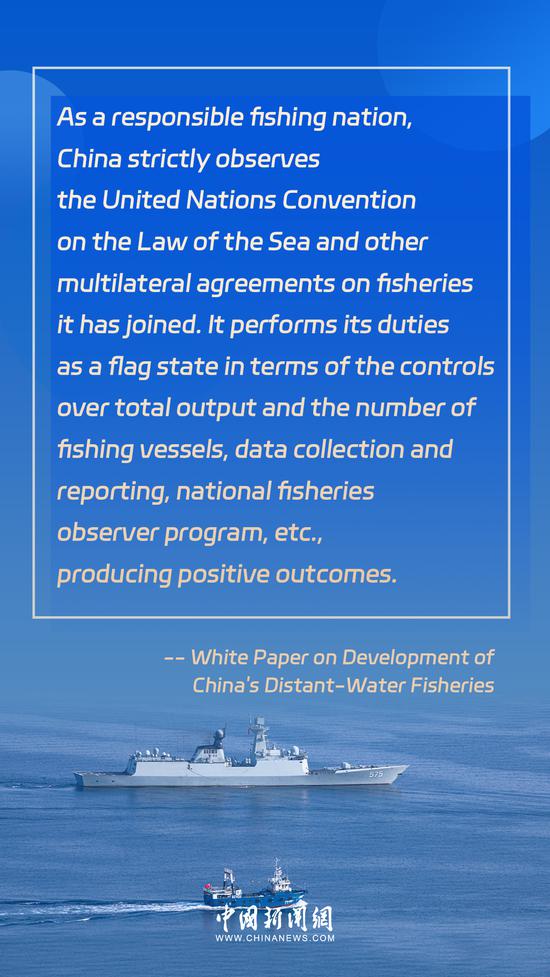

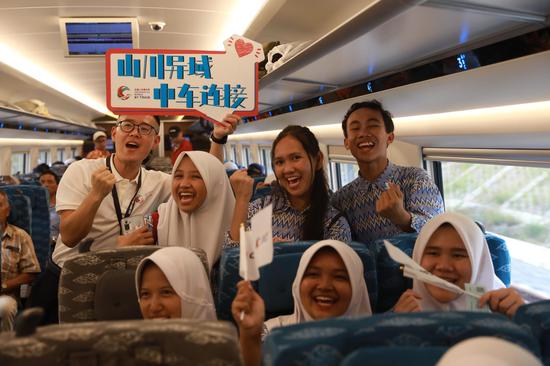
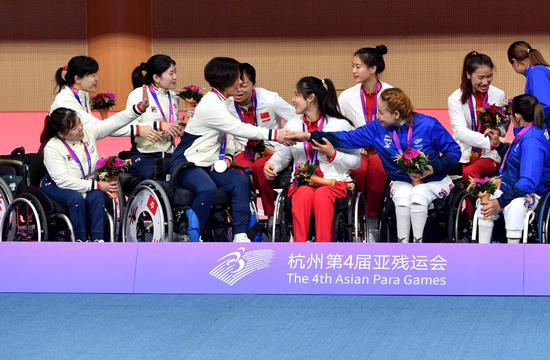
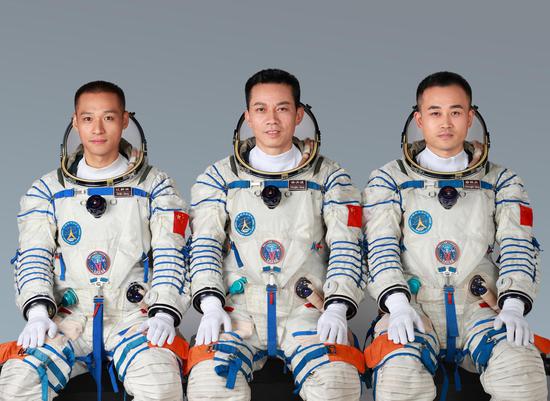
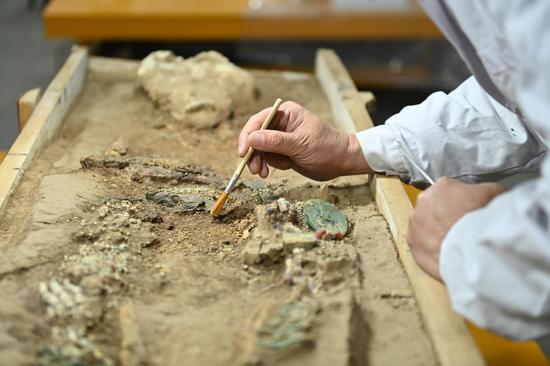
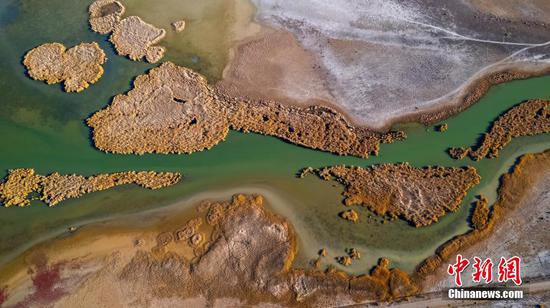
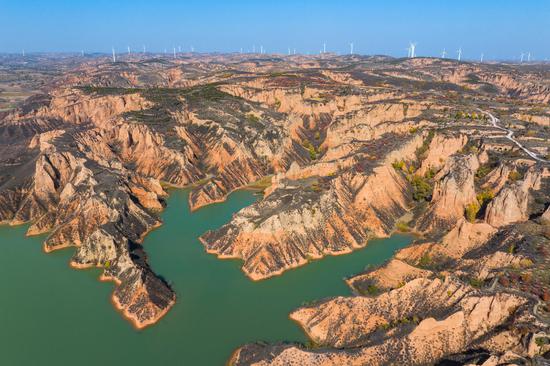

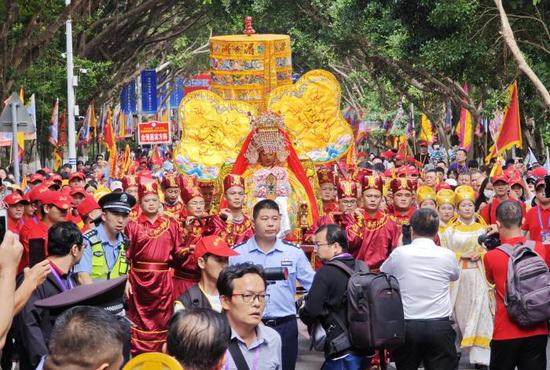
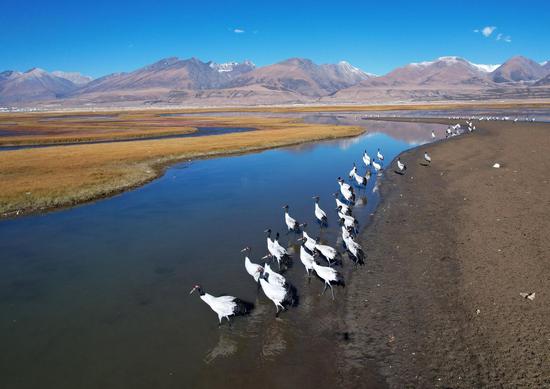

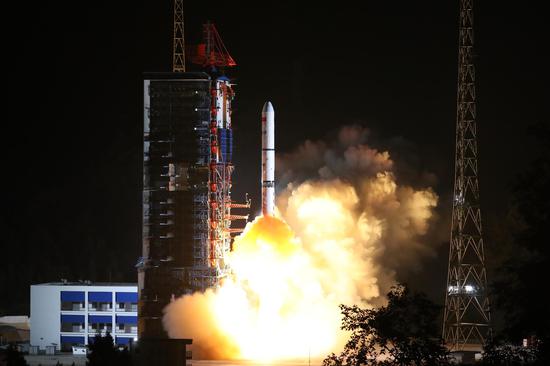




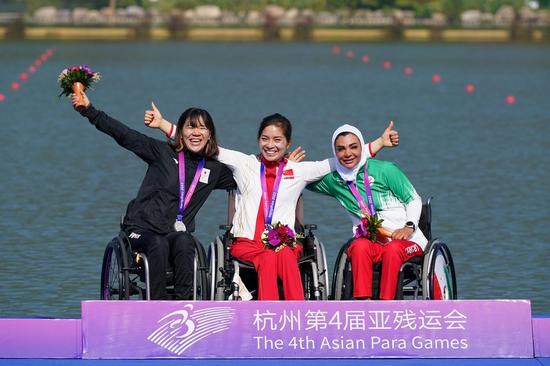
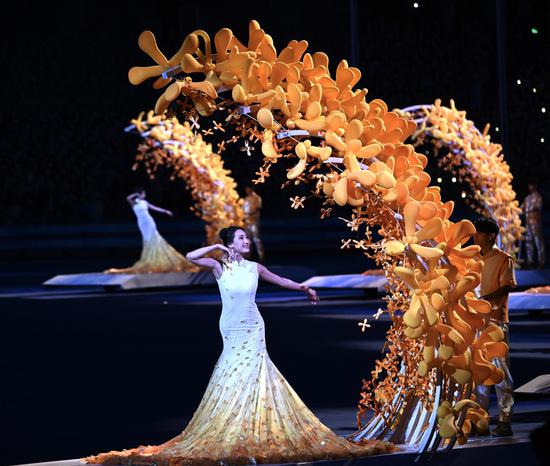
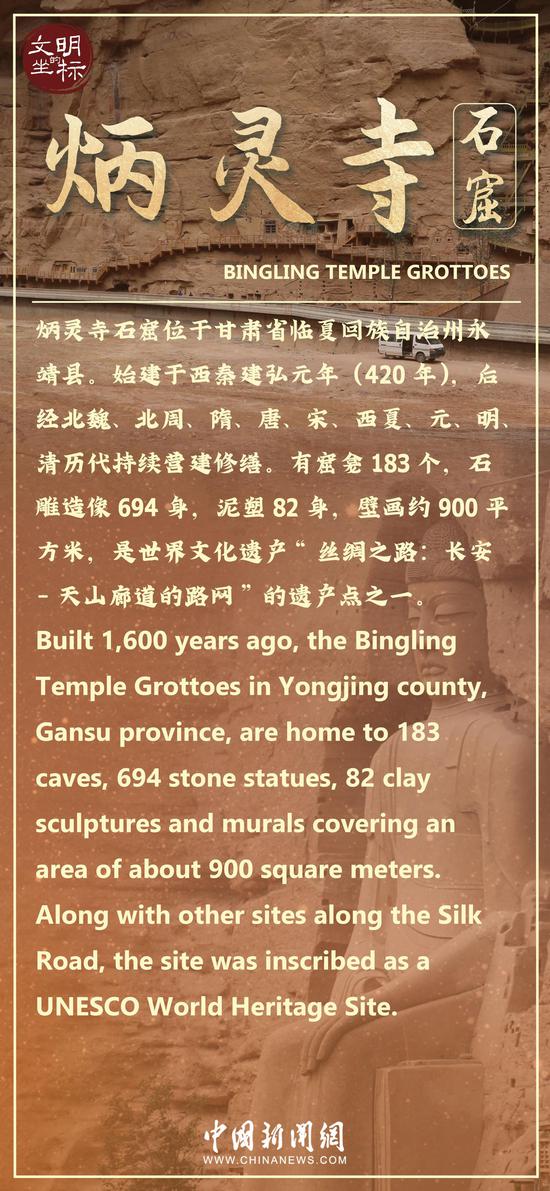
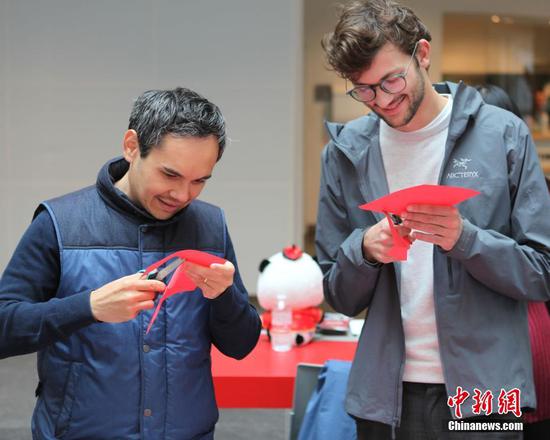
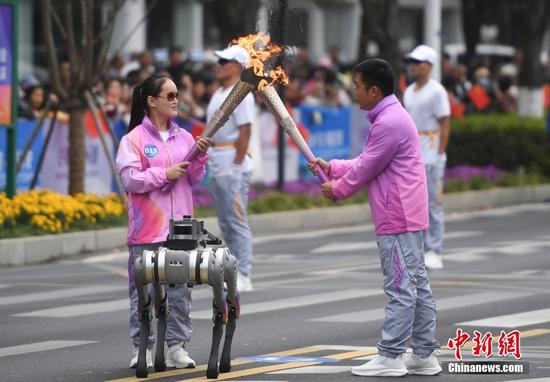



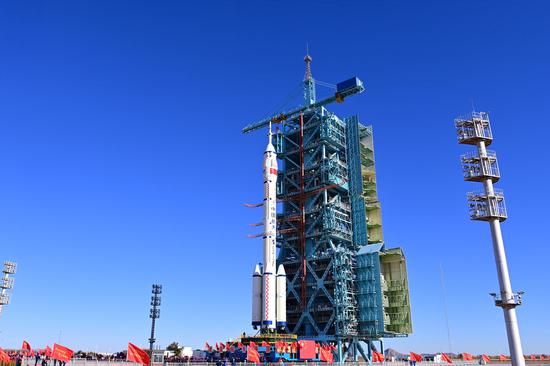
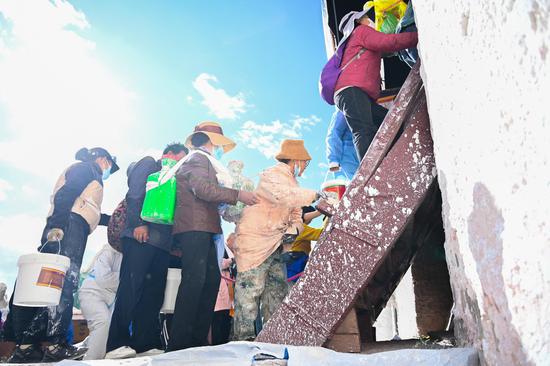
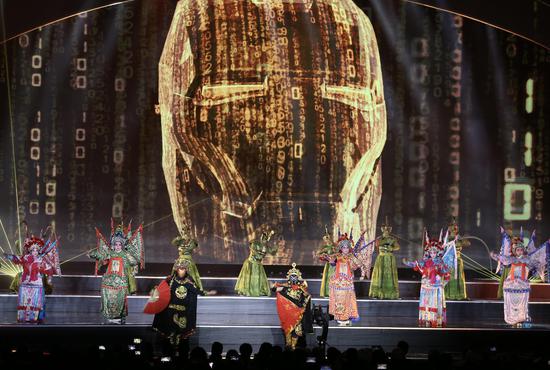
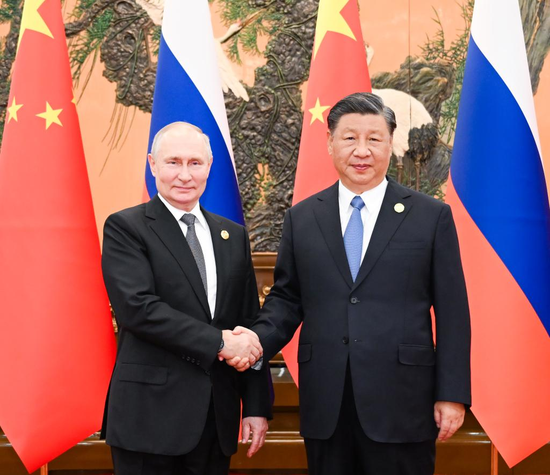

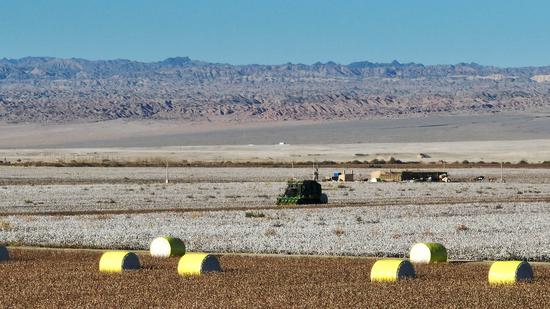
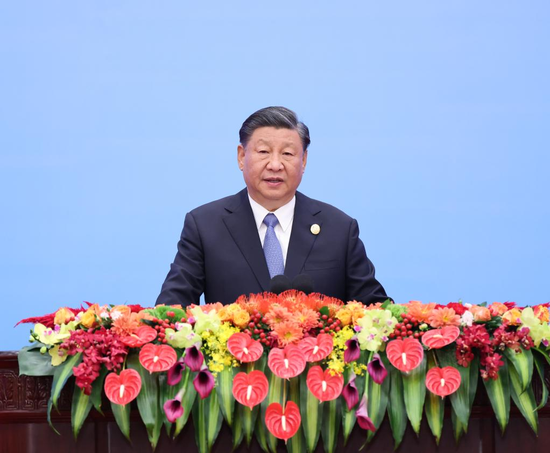
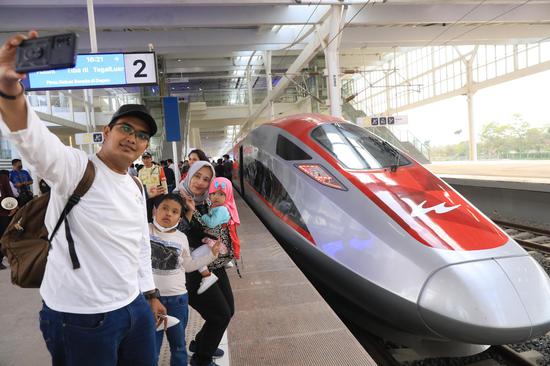


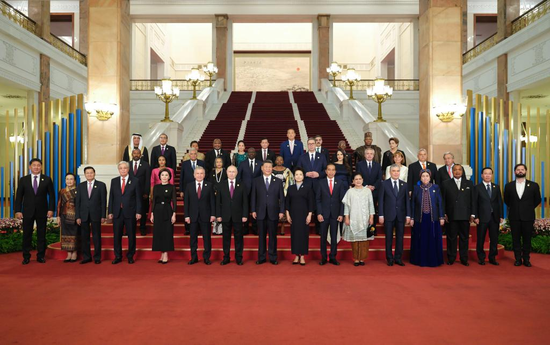





 京公网安备 11010202009201号
京公网安备 11010202009201号